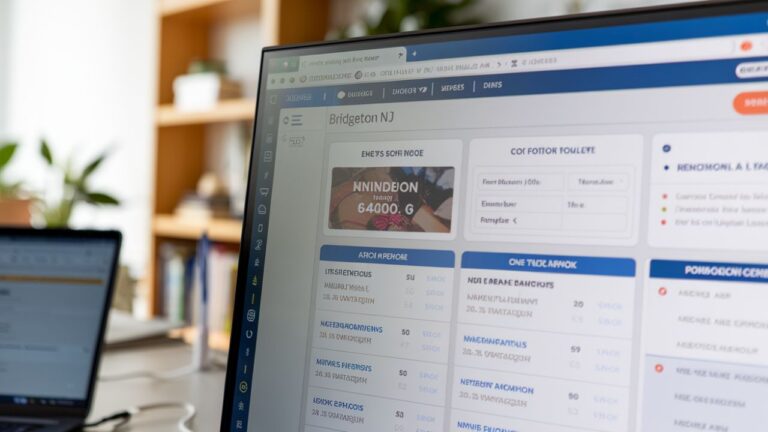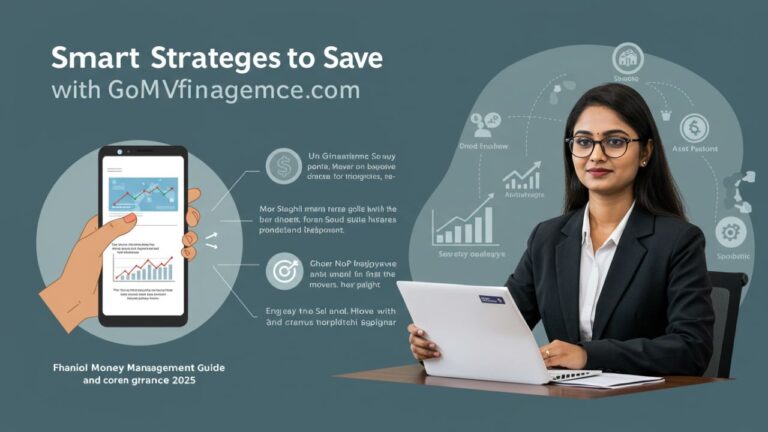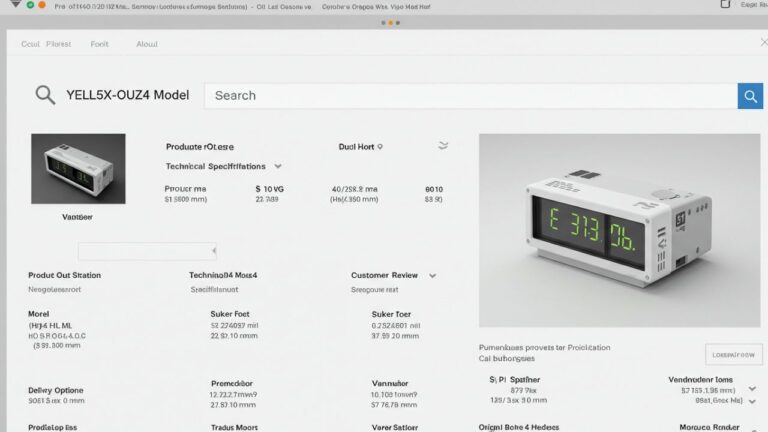
UGA ELC
Introduction: Understanding UGA ELC and Its Role in Digital Learning
UGA ELC, also known as eLearning Commons, is the University of Georgia’s official learning management system. Students and faculty rely on this platform to access course materials, submit assignments, and engage in online discussions.
Technology has transformed education, making digital platforms essential for academic success. UGA ELC offers an efficient way for students to manage coursework while instructors provide resources, quizzes, and lectures online. The system enhances flexibility, enabling remote learning while maintaining a structured academic environment.
Key Features of UGA ELC That Improve Learning Experience
UGA ELC provides various tools and functionalities that simplify online learning. The platform integrates communication, assessments, and interactive features to create an engaging educational experience.
User-Friendly Dashboard and Course Navigation
Students and faculty can access an intuitive interface designed for easy course management. The dashboard organizes course content, deadlines, and announcements efficiently.
- Personalized Course View: Users see their enrolled courses upon login.
- Quick Access to Materials: Assignments, lectures, and discussions remain organized.
- Mobile-Friendly Design: The system supports access from smartphones and tablets.
Assignment Submission and Grade Tracking
UGA ELC simplifies assignment submission and grading, allowing students to track academic progress conveniently.
- Easy File Upload: Students submit assignments in various formats.
- Automatic Deadline Notifications: System reminders prevent missed submissions.
- Instant Grade Feedback: Instructors provide timely evaluations.
Discussion Boards and Collaboration Tools
Interactive learning plays a vital role in modern education. UGA ELC facilitates discussions and teamwork.
- Forum Discussions: Students exchange ideas on course topics.
- Group Projects: Collaborative spaces enable teamwork on assignments.
- Instructor Q&A Sessions: Faculty members engage with students online.
How UGA ELC Enhances Student and Instructor Experience
The platform benefits both students and instructors by offering streamlined digital tools for academic management. UGA ELC ensures accessibility, efficiency, and enhanced engagement.
Benefits for Students
Students utilize UGA ELC to manage coursework, communicate with professors, and stay organized throughout the semester.
- Convenient Access: Students retrieve lecture notes and assignments anytime.
- Real-Time Updates: Professors share announcements and schedule changes instantly.
- Flexible Learning: Digital courses accommodate various learning styles.
Benefits for Faculty and Instructors
Professors use UGA ELC to create an interactive and efficient teaching experience, reducing administrative workload while improving student engagement.
- Automated Grading Tools: Multiple-choice quizzes and assessments receive instant scores.
- Integrated Multimedia Support: Videos, images, and audio enrich learning.
- Plagiarism Detection: Built-in software ensures academic integrity.
UGA ELC and Online Course Accessibility
UGA ELC ensures that online education remains accessible to all students, regardless of physical limitations or learning challenges.
Inclusive Features for Diverse Learning Needs
The platform supports various accommodations to assist students with disabilities.
- Screen Reader Compatibility: Visually impaired students access course materials.
- Closed Captioning for Videos: Deaf or hard-of-hearing learners benefit from subtitles.
- Adjustable Text Size: Customizable font settings enhance readability.
Mobile Access and Remote Learning Capabilities
Students benefit from learning on the go with mobile-friendly access to UGA ELC features.
- Mobile App Support: The system functions on Android and iOS devices.
- Offline Access to Materials: Downloadable resources support learning without an internet connection.
- Real-Time Notifications: Push alerts inform students of updates.
How to Use UGA ELC: A Step-by-Step Guide for New Users
Navigating UGA ELC effectively improves learning efficiency. Follow these steps to maximize platform benefits.
Logging Into
Students and instructors need their UGA MyID credentials to access the platform.
- Visit the official UGA ELC website.
- Click the login button and enter credentials.
- Select the enrolled course to access materials.
Submitting Assignments on UGA ELC
Completing coursework digitally streamlines the submission process.
- Navigate to the “Assignments” tab in the course.
- Click the specific assignment and review instructions.
- Upload the required file and confirm submission.
Checking Grades and Feedback
Students track academic performance through the grading system on UGA ELC.
- Click the “Grades” section under course tools.
- View assignment scores and instructor feedback.
- Identify areas for improvement based on feedback.
Security and Privacy Features
Data security remains crucial in online learning platforms. UGA ELC incorporates strong security measures to protect student and faculty information.
Two-Factor Authentication for Account Protection
Enhanced security measures ensure safe login access.
- Multi-Step Verification: Users confirm identity before accessing accounts.
- Automatic Logout: Inactivity prompts automatic session termination.
- Secure Password Storage: Strong encryption methods protect credentials.
Data Encryption and Privacy Compliance
UGA ELC follows university and federal regulations to maintain data privacy.
- Encrypted Course Content: Secure access prevents unauthorized downloads.
- FERPA Compliance: Student information remains protected under privacy laws.
- Limited Data Sharing: Instructors access only necessary student data.
Troubleshooting Common Issues
Occasionally, students and faculty encounter technical problems. Understanding common issues helps users resolve them quickly.
Login Issues and Password Reset
Forgetting credentials or experiencing login errors can disrupt access.
- Reset Password: Use UGA’s MyID recovery system for assistance.
- Check Browser Compatibility: Ensure updated browsers for smooth access.
- Clear Cache and Cookies: Refresh stored data to fix login issues.
Assignment Submission Errors
Uploading files incorrectly may result in incomplete submissions.
- Verify File Format: Confirm file type meets instructor requirements.
- Check Internet Connection: A stable connection prevents upload failures.
- Submit Before Deadline: System restrictions prevent late uploads.
System Downtime and Maintenance
Scheduled maintenance occasionally limits access:
- Monitor System Updates: University notifications provide scheduled downtime alerts.
- Use Alternate Submission Methods: Email assignments if the system remains unavailable.
- Report Issues to IT Support: Contact university helpdesk for urgent concerns.
The Future and Digital Education Trends
Education technology continuously evolves, improving learning experiences for students and faculty. UGA ELC integrates modern advancements to enhance academic success.
AI-Powered Learning Assistance
Future updates may include artificial intelligence-driven tools for personalized learning experiences.
- Automated Study Guides: AI generates summaries based on coursework.
- Smart Tutoring Systems: Virtual assistants offer academic support.
- Predictive Performance Analysis: AI identifies areas for improvement.
Virtual Reality and Augmented Reality Integration
Immersive technology could revolutionize digital education.
- Virtual Classrooms: Students interact in 3D learning environments.
- Augmented Lab Simulations: Practical training occurs remotely.
- Real-Time Instructor Interaction: Virtual spaces enhance engagement.
Conclusion: Why UGA ELC Is Essential for Academic Success
It serves as a vital platform for students and faculty at the University of Georgia. Digital learning tools improve education accessibility, engagement, and efficiency. The system ensures students access coursework, interact with instructors, and submit assignments with ease.
Technology continues transforming education, and platforms like it play an essential role in modern academic success. The future promises even more advancements, making digital education more interactive, efficient, and inclusive.







